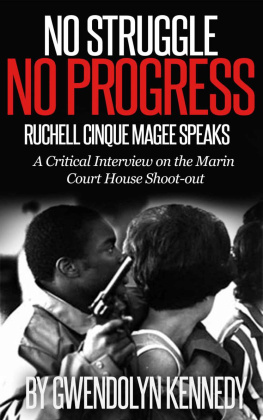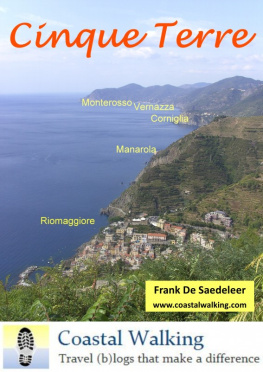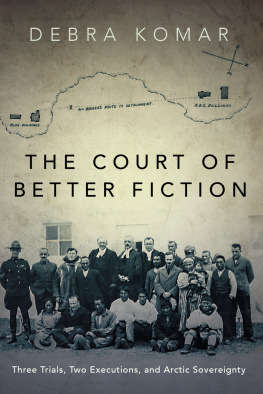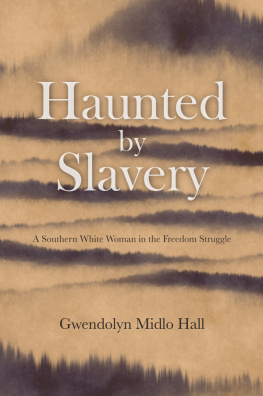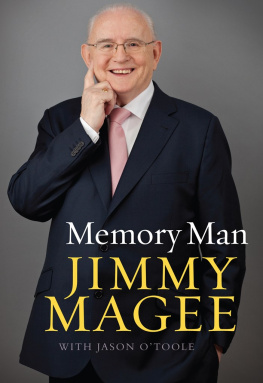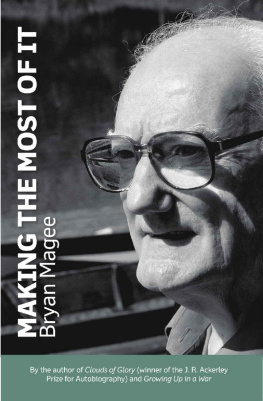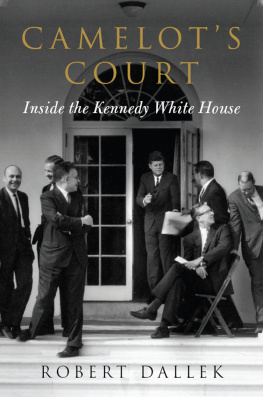The purpose of this interview is to enlighten the community with facts, supported by documents and records, regarding why Ruchell Cinque Magee should be freed from false imprisonment. Fact: In the last several years, the issue of personal rights and Native American rights has gained prominence in political and social spheres, as well as in the media. But in Ruchells quest to protect the liberties of minority interests, trendy lawmakers seem to have forgotten a few very important civil rights: The right to feel - and be - safe, the right to protection, the right to walk down the street without being bothered or accosted, and the right to fair and equitable trial. Ruchell Magee has been in prisoned since August 31, 1965.
Marin, California; Marin County Civic Center Kidnapping and Murder Trial investigate this phenomenon through the study of this case in particular, the unjust, illegal kidnap and murder Trial of Ruchell Cinque Magee. Through technicalities, loopholes, and the inherent unfairness of the legal system, Ruchell Magee is kept locked up in the dungeon cell prison, Lancaster, CA. This gripping interview will force you to look at our current legal system in a new light.
Prologue
Confidential laws and private security are for those lacking true respect and self-discipline. As a result of deceiving awareness within them, our law enforcement commits acts of repression and destruction against the society every day.
The battle here is to make our public aware of who Ruchell Cinque Magee is, and why he resides in prison, where he has served more than thirty years. To begin with, he was born in New Orleans, Louisiana; raised in Franklinton, 00 miles from New Orleans. But now he resides in Californias dungeon cell of Pelican bay state Prison.
In the 70s such newspapers as the San Francisco Chronicle, San Francisco Examiner, and the San Jose Mercury, even the CBS broadcast with pictures carried distorted information concerning Ruchell. To some people he was a terrorist who played a role in the Marin County shootout at the on August 1970, which left four people dead. Californias Superior Court records indicate: on March 20, 1972, Ruchell was granted rights to represent himself by Superior Court Judge Leonard Ginsburg, setting in Marin County. On May 12, 1972, Judge Ginsburg granted Ruchells writ of Habeas Corpus on the right to press interviews. California Attorney General Evelle Younger filed an appeal with the state Appellate court Blocking Judge Ginsburgs decision. Furthermore, on May 2, 1972, Judge Ginsburg also ordered a change of venue, putting the case in San Francisco County where Judge Morton Colvin to over as the trial judge.
Fact, in August 1972, Judge Colvin reversed Judge Ginsburgs decision allowing Ruchells right to act as his own Attorney, saying Ruchell Magee only had an I.Q. of 75. Apparently, Judge Colvin forgot a Superior Court cannot reverse another Superior Courts ruling or decision. (California Constitution, Article VI, section 4). Additionally, shown by the decision in People vs. Grace, 77 Cal. App. 752cited in Lee vs. Offenberg , 275 Cal. App. 2d 575, 583.
On January 7, 1972, Judge Ginsburg threatened to dismiss all charges based on denial of a speedy trial requested by Ruchell on September 7, 1971, if the Attorney General could not explain reason for the delay of a future date. However, Judge Ginsburg must of not been around in June 1972 when the state legislature passed proposition 3: Right of Judge to deny the accused right to represent himself. The delay proved substantial prejudice , and intentional device to gain tactical advantage over Ruchells defense. Judge Colvin appointed Attorney Robert Carrow as Ruchells Counsel, over Ruchells objections. Before removal of Judge Ginsburg in December 1971, he ordered the Los Angeles County trial court reporter, Vesta Minnick, to prepare and produce all trial records in the case of People vs Ruchell Magee, no. 272227, 1963 and 1965. Nevertheless, the court reporter failed and or refused to do so despite the $1,500 fee that was sent to him. Consequently, Ginsburg had ordered the Attorney General to answer why Ruchells Writ of Habeas Corpus wasnt granted releasing him from imprisonment on the Los Angeles conviction. Because of the lack of records on the Los Angeles conviction, and the lack of records for review, Judge Ginsburg denied Habeas Corpus without prejudice until further hearing after transfer of case to San Francisco County. But Judge Colvin blocked Judge Ginsburgs request in order to keep the illegal Lost Angels conviction appearing legal for the public. During the trial the San Francisco County on the Marin County indictment, Judge Colvin charged Ruchell with murder Kidnapping of Judge Haley, and extortion, but the jury acquitted Ruchell and the murder charge was dismissed on insufficient evidence. Since the jurors were hung on the lesser included offense (simple kidnap) P.C 297, on April 3 1973, Judge Colvin ordered a mistrial without recording the acquittal on the kidnap p.c. 290 charge.
In conclusion, on April 27, 1973, the displeased Jury foreman filed a declaration stating: In the course of the jurys deliberations, which commenced on March 26, 1973, all twelve jurors agreed that the defendant was not guilty of the charge of violating P.C. 290 (kidnapping for the purpose of extortion)
Critical Interview with Ruchell Magee with Gwendolyn Kennedy
Q: Dou you have legal documents in court pending?
A: Yes, The most significant are two writ of Habeas Corpus, titled Ruchell Cinque Magee, civil No. 033637 and No.94-1787 now pending before the United States District Court, Northern District of California, at 1301 Clay Street, Oakland, California 94612-5212, and litigation No. 93-3637 , evidence reflects life imprisonment for a kidnap for a kidnap offense, which 12 jurors in 1993 acquitted me. In San Francisco County, the acquittal is concealed by white racists toying with false misrepresentation to obstruct a hearing on the merits. Furthermore, in litigation No. 94-1787, evidence reflects a separate life sentence out of L.A. County on police frame-up false arrest going on since March 23, 1963.
Q: When were these legal documents filled?
A: Case No. 93-3637 was filed September 1993. Case no. 94-1787 was filed March 1994.
Q: What did you ask the court to do?
A: Reverse the illegal sentences.
Q: What is the usual procedure of the Federal Court resolving Writ of Habeas Corpus, or is there a time limit for the courts to avoid prejudicing your rights to produce witness with memory?
A: Upon filing, the court is required to immediately deny the Writ, or order the Attorney General to file a return answering the merits. Furthermore, produce records and documents for inspection review. When evidence supports the facts of innocence, and miscarriage of justice leading to imprisonment, the court is required to release the prisoner, even if the Attorney General disputed the factual issues where there exists no record. The court is still required to hold an evidentiary hearing in the case, conducted on the merits, and allow witnesses and evidence in a material fashion in accordance with the U.S. Supreme Courts decision Townsend vs Sain , 372 U.S. 293,318 (1963).
Fact, in my case, the Attorney General cannot answer to the merits without incriminating a system that railroads people and betrays everybody in practicing slavery.

